
3rd International Conference on Visual Pattern Extraction and Recognition for Cultural Heritage Understanding (VIPERC 2024)
The VIPERC 2024 on Visual Pattern Extraction and Recognition for Cultural Heritage Understanding aims to be a satellite event of IEEE CASE 2024, presenting academic and industry papers on big data, data mining and knowledge discovery, machine learning and deep learning, 3D modeling and simulation (structural, thermal, functional and acoustic analysis), software engineering, and, more generally, aspects related to digital transition for visual pattern extraction, analysis, and recognition to preserve cultural heritage.
VIPERC 2024 welcomes contributions from various research areas related to the digitization of cultural heritage, building recovery, conservation, and maintenance, leveraging current technologies and the support of robotics and automation.
It also favours the participation of young research scholars who want to present their early-stage in-progress academic work.
Topics of interest include, but are not limited to:
Disruptive technologies
- Machine learning and data science for cultural heritage multimedia data
- Artificial intelligence in the recovery, analysis, and enhancement of cultural heritage
- Augmented and virtual reality systems
- 3D printing
- Internet of things in cultural heritage
Diagnostics
- Intelligent sensor systems for building monitoring, recovery, conservation, maintenance and art restoration
- Discrete geometry techniques for pattern recognition and pattern matching in cultural heritage images
- Image processing, texture, shape analysis and natural language processing in historical data
Acoustics and digital technology
- Acoustics in cultural heritage
- Soundscape planning and preservation
Analysis
- 3D reconstruction and model processing
- 3D modelling and simulation (e.g. structural, thermal, functional and acoustic analysis) for cultural heritage
- Remote sensing for cultural heritage preservation
- Surrogate models (computational models that approximate the behaviour of complex systems or processes)
Manufacturing and intervention
- Robotics and digital manufacturing for built heritage
- Digitization of industrial products, projects, prototypes, and artefacts for cultural heritage preservation
- Cutting-edge and sustainable digital-supported materials for built heritage
- Metamaterials fabricated with specific patterns
- Climate changes and intelligent mitigation strategies to preserve cultural heritage sites
All accepted papers will not be published in the proceedings of CASE 2024 and thus in IEEEXplore. Authors of accepted papers will have the possibility to include their paper in a CEUR Workshop Proceedings book with ISSN or in a separate book with ISBN.
The CEUR Template for VIPERC can be downloaded by clicking on the link below.
Each paper should have a maximum page number of 12 and a minimum page number of 9. In the case of paper acceptance, it will be required by email to the authors to specify if they want to publish their paper in the CEUR-WS proceedings with ISSN or in the separate book with ISBN.
Best poster or best presentation awards
VIPERC 2024 will include two awards for the best poster and best presentation (printed certificate) of the event.
Practical information
- Location: VIPERC 2024 will be held at the Hotel Nicolaus in Bari, Italy (the same venue as the CASE 2024 conference). More information about the venue is available here.
- Travel: The Puglia region, home to Bari, can be easily reached by air, rail, land, and sea. Please visit this page for information and tips on traveling to Bari, navigating within the city, and exploring the surrounding areas.
- Visa and invitation letter: Participants requiring a visa can find detailed information here. Invitation letter can be issued upon request only after the selection procedure.
Registration fee
The registration fee for VIPERC 2024 is €60, which includes lunch and a coffee break. The registration fee will made through the registration system of CASE 2024 following the same procedure indicated for the “In-person Workshops and Tutorials Registration“, more info here. Please note that the registration for VIPERC 2024 is valid only for the events of September 1st (VIPERC 2024 and CASE 2024 workshops) and does not include registration for CASE.
Important dates
- Abstract submission deadline (optional): 10 May 2024
- Full paper submission deadline:
1 July 2024– 10 July 2024 - Acceptance date: 1 August 2024
- Camera-ready and registration deadline: 10 August 2024
Format
One day event 1 September 2024; one session of full presentation and one session of poster presentation
List of Invited speakers
LPG-based Knowledge Graph Representation and Management for Cultural Heritage
Professor Stefano Ferilli, University of Bari Aldo Moro, Italy
The traditional record-based approach used in Cultural Heritage (CH) has successfully served the need of users, scholars, researchers, and practitioners for many decades, but it has gone as far as it could. The enormous growth in production, types and availability of cultural items, the opening of their use to a wider public (with different background, goals, and perspectives), the advent of digital technologies, and the convergence of many different, traditionally separate disciplines call for new, advanced organization strategies and ways of exploitation, for both the items and the information they carry.
It is necessary to move from a set of predefined fields to a reticular approach, in which each of the different kinds of entities involved in a description has its own record and can be related to the others. In such a new setting the focus of the descriptions can also be broadened, from a fixed set of formal parameters about the items to a larger and more variable set also including information/metadata concerning their physical support, content, context, and even lifecycle. This ‘holistic’ approach allows us to support the needs and activities of different kinds of stakeholders.
In Artificial Intelligence (AI), the networking of data is the core of knowledge, and coupled with ontologies has been successfully used as a representation for Knowledge Bases (KBs), obtaining so-called Knowledge Graphs. KGs have been thoroughly studied in the Knowledge Representation (KR) branch of AI, interested in Ontologies and Automated Reasoning.
Research in KR developed its own solutions for representing and storing knowledge, that have departed from the mainstream solutions for DBs. However, rooting KG data representation and storage in DB technology would ensure optimization and efficiency in data storage and handling. This requires advanced DB solutions, and some kind of cooperation with the solutions coming from KR, that may boost the effectiveness of data management to support the needs of different kind of users, providing them new possibilities for data exploitation and unprecedented opportunities to carry out their activities.
We propose the GraphBRAIN framework for this setting, in which Formal Ontologies play the role of data schemas for LPG-based DBs. This enables the combined use of different kinds of AI algorithms to the available knowledge, from Graph Mining to Network Analysis, to Automated Reasoning (possibly combining multiple inference strategies).
We implemented the proposed framework in a library and API that can be used by many different domain-specific application. We developed a generic platform for performing the general operations on the knowledge, including standard CRUD ones.
The framework and technology were applied to several Cultural Heritage branches including history of computing, digital libraries & archives, linguistic analysis.
Eng. Stefano Ferilli, PhD is a Full Professor at the Department of Computer Science of the University of Bari. 2006-2018 Director of the Inter-Departmental Center for Logic and Applications of the University of Bari. His research interests are centered on Logic and Algebraic Foundations of Machine Learning, Inductive Logic Programming, Theory Revision, Multi-Strategy Learning, Knowledge Representation, Expert Systems, Data Mining. Applications include Electronic Document Processing and Digital Libraries, Process Mining, Ambient Intelligence, Education. He currently leads the Automated Reasoning and Machine Learning (ARA) research group at the University of Bari. Since 2011 member of the Steering Committee, and since 2015 Treasurer, of the Italian Association for Artificial Intelligence.


Organizers
General Chairs
- Alessia Amelio, University of Chieti-Pescara, Italy.
- Drahomira Cupar, University of Zadar, Croatia.
- Valentino Sangiorgio, University of Chieti-Pescara, Italy.
Program Chairs
- Marijana Tomić, University of Zadar, Croatia.
- David Ramìrez Solana, Polytechnic University of Bari, Italy.
- Sergio Montelpare, University of Chieti-Pescara, Italy.
- Luca Virgili, Marche Polytechnic University
- Alex Mircoli, Marche Polytechnic University
Program Committee
- Michelangelo Ceci, University of Bari Aldo Moro (Italy)
- Adrian-Gabriel, Chifu Aix-Marseille University (France)
- Claudia Diamantini, Marche Polytechnic University (Italy)
- Ivo Rumenov Draganov, Technical University of Sofia (Bulgaria)
- Zoran Ivanovski, “Ss. Cyril and Methodius” University in Skopie (Macedonia)
- Tomislav Kartalov, “Ss. Cyril and Methodius” University in Skopie (Macedonia)
- Andreas Giannakoulopoulos, Ionian University (Greece)
- Dustin van der Haar, University of Johannesburg (South Africa)
- Maura Mengoni, Marche Polytechnic University (Italy)
- Michail Panagopoulos, Ionian University (Greece)
- Maria Antonietta Pascali, ISTI-CNR (Italy)
- Belma Ramić -Brkić, Sarajevo School of Science and Technology (Bosnia and Herzegovina)
- Domenico Ursino, Marche Polytechnic University (Italy)
- Gian Piero Zarri, Sorbonne University (France)
- Radu Tudor Ionescu, University of Bucharest (Romania)
- Marius Popescu, University of Bucharest (Romania)
- Iuliana Georgescu, University of Bucharest (Romania)
- Ionut Cosmin Duta, Huawei (Finland)
- Katerina Kabassi, Ionian University (Greece)
- Carlos Alexandre Barros de Mello, Federal University of Pernambuco (Brazil)
- Anders Hast, Uppsala University (Sweden)
- Marijana Cosović, University of East Sarajevo (Bosnia and Herzegovina)
- Radmila Janković Babić, Mathematical Institute of the Serbian Academy of Sciences and Arts (Serbia)
- Marco Ricci, University of Calabria (Italy)
- Massimiliano Pepe, University of Chieti-Pescara (Italy)
- Francesco Cauteruccio, University of Salerno (Italy)
Contacts
- alessia.amelio@unich.it
- valentino.sangiorgio@unich.it
